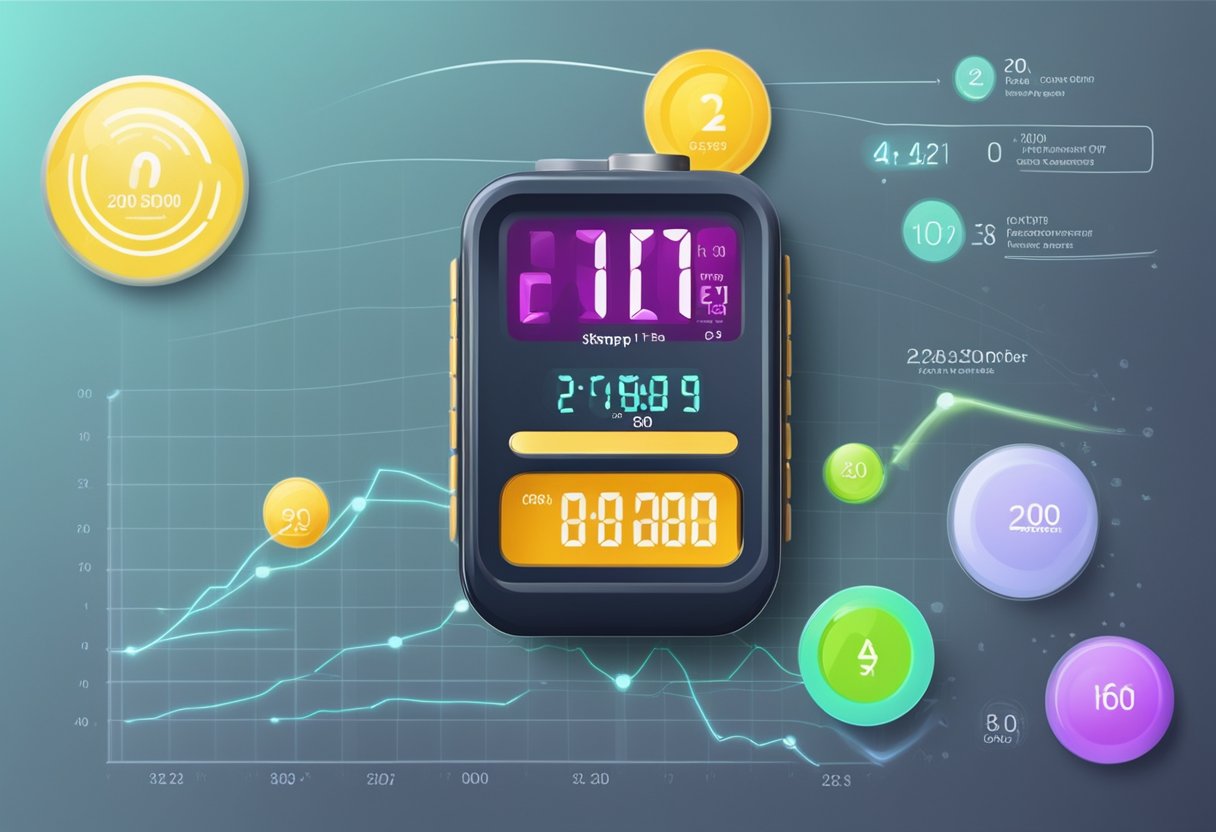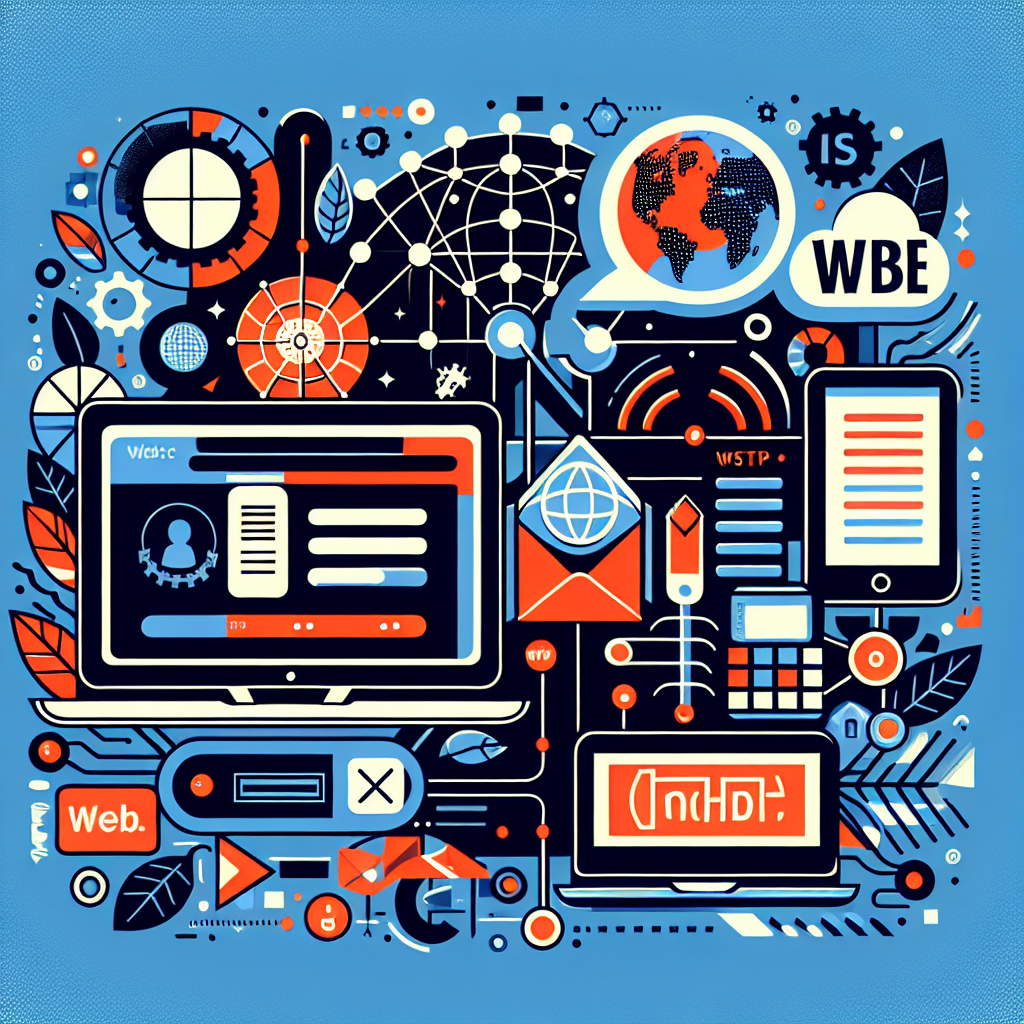Recognizing the Signs of High Blood Pressure: How to Know You Have Hypertension
High blood pressure, or hypertension, affects millions around the globe. Understanding how to recognize its symptoms is crucial for early intervention and treatment. This article explores specific signs and methods to know if you're suffering from high blood pressure, emphasizing the German perspective on this silent condition.

Understanding Hypertension
Hypertension is often called the "silent killer" because it can develop without noticeable symptoms. Many people have high blood pressure for years without knowing it. However, certain signs and indicators can help you recognize whether you might be suffering from this condition.
Key Symptoms to Watch For
While many individuals with hypertension experience no symptoms, some may notice signs that should prompt further investigation. Here are the most common symptoms:
- Headaches: Frequent, unexplained headaches may be a sign of elevated blood pressure, particularly severe ones that feel intense and occur suddenly.
- Dizziness or Light-headedness: If you often feel dizzy or faint, this might indicate hypertension.
- Nosebleeds: Persistent or unexplained nosebleeds can be a warning sign, particularly in conjunction with other symptoms.
- Shortness of Breath: If you experience breathlessness without physical exertion, it can be related to high blood pressure affecting your cardiovascular health.
- Palpitations: Awareness of having a rapid or irregular heartbeat may indicate problems related to high blood pressure.
How to Measure Blood Pressure Accurately
If you suspect you might have high blood pressure, the most reliable way to confirm it is by measuring your blood pressure regularly. Here are tips to ensure accurate readings:
- Home Monitoring: Invest in a reliable digital blood pressure monitor. Take your measurements at the same time each day, ideally in the morning before consuming caffeine.
- Visit Your Doctor: Schedule regular check-ups and ask your healthcare provider to monitor your blood pressure if you suspect hypertension.
- Rest Before Measurement: Ensure you sit quietly for at least 5 minutes before measuring your blood pressure to avoid elevated readings due to stress.
Risks of Untreated Hypertension
Ignoring the possible symptoms of high blood pressure can lead to severe health issues, including:
- Heart Attack: Chronic hypertension can cause damage to arteries, leading to heart attacks.
- Stroke: High blood pressure is a significant risk factor for stroke, as it can lead to blood clots in the arteries.
- Heart Failure: The heart has to work harder to pump blood against higher pressures, which can lead to heart failure.
When to Seek Help
If you experience any of the symptoms mentioned above, it is vital to seek medical advice promptly. Immediate medical attention should be sought if you experience:
- Chest pain or discomfort
- Severe headache with visual changes
- Severe shortness of breath
These could be signs of a medical emergency related to high blood pressure.
Conclusion
Identifying the signs of high blood pressure can be challenging as it often presents without noticeable symptoms. However, being aware of the potential indicators, regularly monitoring your blood pressure, and consulting with healthcare professionals can significantly benefit your health. Taking proactive steps can lead to early diagnosis and better management of hypertension, improving your quality of life.
Remember, when in doubt about your health, consult a healthcare professional for personalized advice.
New posts

Effective Strategies to Lower Blood Pressure
Fitness

Navigating Low Blood Pressure and High Pulse: Key Insights
Wellness

Combatting Fatigue from Low Blood Pressure: Causes and Solutions
Lifestyle

Understanding Why You Might Experience Niedriger Blutdruck
Lifestyle

Low Blood Pressure and Trembling: Understanding the Connection
Wellness

Understanding Normal Pulse Rates: What Is a Normal Pulse?
Fitness

Understanding Low Blood Pressure at Night: Causes, Symptoms, and Management
Wellness

Understanding Ruhepuls 45: The Ideal Resting Heart Rate for Your Health
Fitness

Understanding Pulsdruck: Key Insights into Your Blood Pressure Dynamics
Wellness

Understanding Normal Pulse Pressure: What You Need to Know
Lifestyle
Popular posts

Understanding Puls Unter 60: When Low Heart Rates Become Concerning
Fitness

Understanding Low Diastolic Blood Pressure: Causes, Risks, and Management
Wellness

Understanding Low Diastolic Blood Pressure: Causes and What to Do
Wellness

Understanding Normal Pulse Pressure: What You Need to Know
Lifestyle

Understanding the Ruhepuls Tabelle: A Comprehensive Guide
Fitness

Understanding Herzfrequenz 60: Significance and Implications
Fitness

Low Blood Pressure and Trembling: Understanding the Connection
Wellness

Understanding Ruhepuls 50: What It Means for Your Heart Health
Fitness

Understanding Normal Blood Pressure: Measurements and Ranges
Health

Understanding Low Blood Pressure Symptoms in Men
Wellness